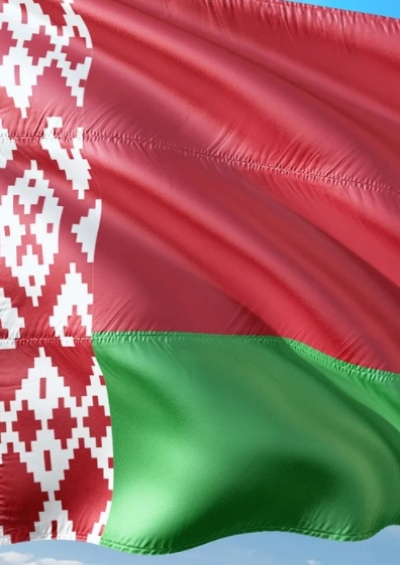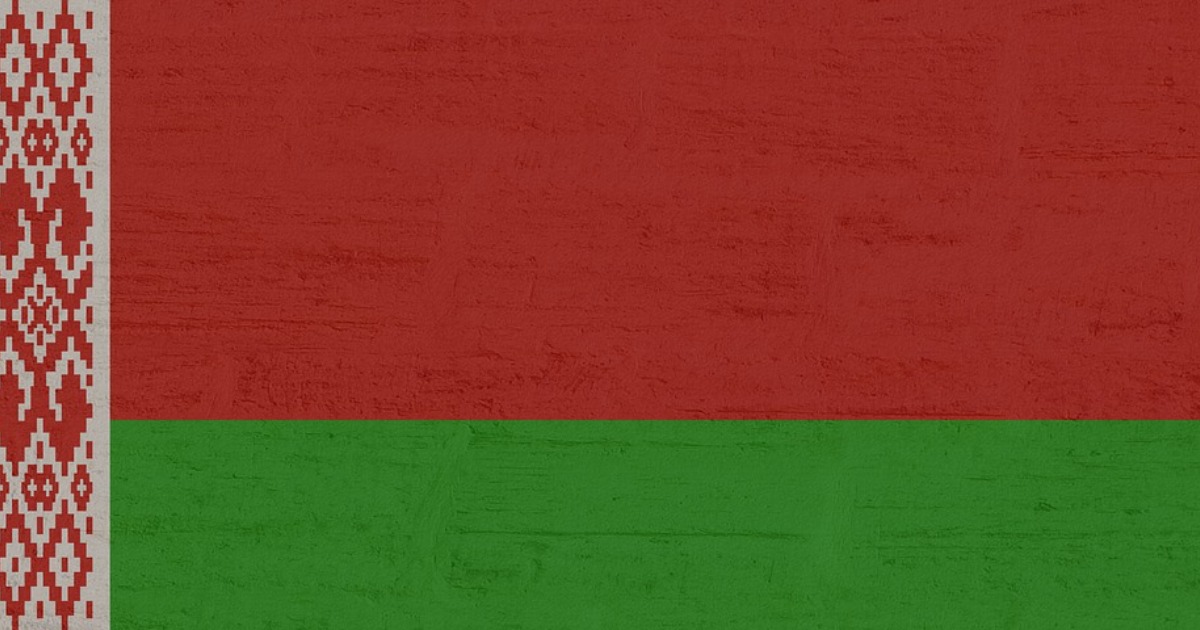How to Handle the Evolution of Belarus
The West should support democracy in Belarus, but avoid provocative promises.
August 19, 2020

The rise of the people of Belarus against their strong-man leader, Alexander Lukashenko, is impressive.
At a time when there has been so much breathless talk about the power of autocrats from Xi and Putin to Bolsonaro and Erdogan, it is refreshing to see that the desire for democracy and freedom is universal and timeless.
What is to be done?
The question now is what is to be done? Luckily, there is a playbook that was written over the last 40 years and that addresses what works and what doesn’t. It can be applied to Belarus.
Forty years ago next month, in September 1980, workers in Gdansk in Poland went on strike and occupied the Lenin shipyards. It was the beginning of the end for Soviet communist imperialism to the west of its border.
Just nine years later, in 1989, the first democratic elections were held in Poland and a non-communist government elected. Shortly thereafter, the Berlin Wall then came tumbling down.
The genius of the 1980s Poles
The political genius of the Poles at the time was to declare their Solidarity movement to be a “self-limiting revolution.” (This new concept, coined by Polish opposition intellectuals like Jacek Kuron, also referred to “evolutionary revolution.”)
While it mixed classic worker or trade union demands with religious nationalism and a deep patriotism, plus no little hate for Moscow, all Polish reform forces acted in a very circumspect manner.
Limited ambitions
Despite a natural Polish desire to identify with the European Community or indeed NATO, Lech Walesa and the other leaders of Polish Solidarity avoided any direct attacks on Moscow or calls for Poland to leave the Warsaw Pact.
Nor did they talk about leaving COMECON, the Moscow-controlled economic bloc forerunner to today’s Eurasian Union (of which Belarus is a member under Moscow’s overall control).
What doesn’t work: Ukraine and Georgia
In contrast, in Ukraine and Georgia, pro-western leaders made joining NATO and the EU their top-line demands.
This was a provocation too far for Vladimir Putin, however reasonable joining NATO or the EU might have been seen in Washington.
Poland’s luck
Poland was lucky in 1980 to have had the strategic vision of Pope John Paul II in the Vatican. He sent out private message after private message both to Lech Walesa and to Washington.
The pope argued not to turn the Polish democratic revolution into a kind of anti-Soviet uprising. The Soviet Union had famously sent tanks into Budapest in 1956 and Prague in 1968.
The Poles’ wisdom then makes the contrast to today’s PiS government all the more painful. In addition, the country’s loss of influence and status in the EU weakens Warsaw.
The West’s role
At the time, the West focused on democratic support for Poland using trade unions in Europe and the United States to offer support, money, training and visits for Polish activists.
To be sure, Ronald Reagan and Margaret Thatcher disliked the focus on trade union support but realized under the circumstances that this was the way to go. So they toned down anti-communist crusading commentaries.
Strategic patience
Belarus needs a similar helping of strategic patience. The movement to oust Lukashenko was initially leaderless.
There has been no Lech Walesa, Vaclav Havel or Nelson Mandela at the head of Belarus opposition politics for some time.
It helps that the three courageous women who currently head up the movement have their own personal relations with members of the Lukashenko regime.
This is no bad thing to secure a regime changes from within — rather than through a Bastille or Winter Palace-style storming of some symbolic citadel in Minsk.
How Poland’s PiS defeats itself
Given the problematic role of Poland, Lithuania and Latvia as the EU neighbors of Belarus will be crucial. In contrast to Poland, they are credible as upholders of European democracy and values.
The latest move by the PiS government to leave the Council of Europe’s convention on domestic violence against women is a disastrous signal to send Belarus and its troika of women who stood against Lukashenko.
In addition, pretty much everybody is sick and tired of patriarchal macho Lukashenko’s bully-boy politics.
Where Poland can still help is by allowing cross border trade with Belarus, as well as by downplaying the demands of the Polish community in Belarus.
It still harbors irredentist dreams of a return to pre-1939 borders when the Polish frontier was very close to Minsk.
An evolutionary revolution for Belarus
There is a natural argument of self-determination that a free Belarus, at the right moment, can make its own sovereign choices on NATO or EU membership.
However, freedom and democracy are most crucial at this stage. And they can sometimes be better guaranteed by internal rule of law and freedom of expression than formal membership of a military alliance as Finland showed after 1945.
First approach steps
Belarus can send a democratic delegation to the Council of Europe and use the European Convention and Court of Human Rights to root in post-Lukashenko practice.
This will be a challenge to Russia. However, Russia itself is a Council of Europe Member and Putin will not be able to protest if a democratic government in Minsk views the Council of Europe as a key international supra-national body Belarus will work in.
The Putin factor
It is a good that Angela Merkel and Emmanuel Macron are jointly talking to Vladimir Putin.
The worst thing that could happen would be if Donald Trump decided to make Belarus his cause. It is doubtful he could find Minsk on the map. With luck, he will keep far away from what now happens in Belarus.
Conclusion
Belarus needs a self-limiting revolution, not any loud-mouthed demagogy from false friends in the West.
Takeaways
The West should support democracy in Belarus -- but avoid provocative promises that would aggravate Putin.
Belarus needs a self-limiting revolution -- not any loud-mouthed demagogy from false friends in the West.
The worst thing that could happen would be if Trump decided to make Belarus his cause. It is doubtful he could find Minsk on the map.
The Polish move to leave the Council of Europe’s convention on domestic violence against women is a disastrous signal to send the women of Belarus who stood against Lukashenko.
The genius of Lech Walesa and other leaders of Polish Solidarity in the 1980s was avoiding any direct attacks on Moscow or calls for Poland to leave the Warsaw Pact.
In Ukraine and Georgia, pro-western leaders made joining NATO and the EU their top-line demands. This was a provocation too far for Putin.

